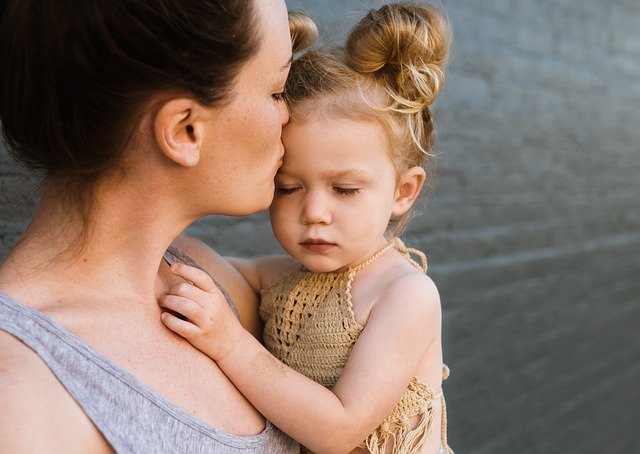I write this in the midst of the Covid-19 crisis, where many countries are in lockdown and many parents are unexpectedly facing the prospect of “Home-schooling” their children for a significant length of time. Whilst many schools have prepared some form of home learning, others may not have had a chance to, and parents may be left wondering; how do I deliver the EYFS at home?
This is not home-schooling
The first note is that this is not home-schooling. Home-schooling is typically a well-researched, well-reasoned, thought-out decision to educate your children at home long term. What is going on right now is an unprecedented public health crisis. Many parents find themselves at home with children of varying ages, whilst also trying to work their usual job in a completely new way. Teachers have done their very best to put together materials at extremely short notice with very little time to prepare, whilst also teaching dwindling numbers of increasingly worried children. Take this for what it is; an emergency provision, not a long-term solution.
Don’t replicate the school day
The second note is that there is absolutely no need to try and replicate the school day. Those who home educate full time will tell you that they very rarely (if ever!) do school from 9-3. Some home educators fit school into just a couple of hours whilst others weave it naturally throughout their day. No one should be expecting their children sat down and doing school work from 9 until 3, and especially not a child in the EYFS! Worksheets have a very limited role (and arguably, no role at all) in an EYFS curriculum.
So, in light of that. PLEASE cut yourselves, and your children, some slack.
Positive relationships
The EYFS has a lot to say about positive relationships. It is one of the principles that the entire curriculum is built around and as we have our EYFS children learning at home during this time, it is something that we should take incredibly seriously. Children, just like adults, don’t learn well when they are stressed because stress interrupts brain signals that we need for learning. Bowlby’s attachment theory is foundational to good practice in the EYFS and emphasises the importance of a strong attachment to a primary caregiver, in order to facilitate other relationships and learning. During this time at home, prioritise your relationship with your child over all other learning giving them extra affection if they need it. Children are likely to pick up on our adult anxieties and the changing state of affairs and feel a little unsettled at this time, really prioritise making them feel happy and comfortable above any kind of ‘academic’ learning.
Unique Child
Another important facet of the EYFS is that even in nursery or school we should plan and focus on the needs of individual children, recognising that all children have a different set of experiences, interests, starting points, skills and needs. A one-size-fits-all approach has no place in an EYFS classroom, so it won’t work online either! As a parent you are best positioned to know what your child enjoys and is interested in, and if they are interested in say, dinosaurs, then pursue that. All areas of learning can be accessed through following children’s interests and imaginations so don’t feel constrained to letter tracing or number worksheets.

Enabling environment
Having an ‘enabling environment’ is one of the principles that the EYFS is founded on. You might think that this is more difficult at home than in nursery, and in some ways it is. Most nursery schools are set up to allow children to explore resources, and have plenty of different resources for children to explore whereas at home you might feel confined to the toys that your children have. Well, the good news is that most of us have far too many toys anyway! So, we can certainly provide a good variety of activities simply through toys. Though ‘resources’ does not always have to equal toys; pots and pans, stones, grass from the garden, shaving foam, bubbles and so on can all be called into action to allow your child to explore.
In some areas where online shopping and deliveries are still going ahead it can be very tempting to order lots of craft supplies and new resources, but do try to avoid this if at all possible as it adds to the workload of warehouse workers, distributors and postal workers who are also trying to deliver medical supplies and keep their own families safe.
Learning and Development
It is easy to panic about your child ‘falling behind’ and trying to focus on ‘academic learning time’ to stop this from happening. The truth is though that in school or nursery much of the EYFS is, or should be, delivered through play. Play-based pedagogy is largely regarded as the most effective and developmentally approach to learning in the Early Years as young children are hard-wired to play and to learn through doing so.
Playing alongside your child offers you the opportunity to build their language skills as well as reasoning, imagination and co-operation. As you play together you can begin to build your child’s skills in other areas such as mathematics, by counting, estimating and measuring.
Make the most of this time
A final word to say that whilst in many ways this is a worrying and stressful time, your children do not need to remember it that way. Make the most of having your children at home, of being altogether and of having to stay home, this will never happen again in our lifetime and all too soon we will be back to our usual fast-paced, busy lives wishing we had more time with our children.




